February 22, 2019
Managers blame cost of adjustments for reluctance to hire disabled workers

Nearly a quarter (24 percent) of UK employers admit they would be less likely to hire someone with a disability, new data from disability charity Leonard Cheshire shows, and over two thirds (66 percent) of managers cite the cost of workplace adjustments as the barrier to employing a disabled person, up from 60 percent in 2017. Seventeen percent of disabled candidates that had applied for a job in the past five years said the employer withdrew the job offer as a result of their disability. Attitudinal barriers continually featured in the latest research. Of the employers across the UK that said they were less likely to employ someone because they were disabled, 60 percent were concerned that a disabled person wouldn’t be able to do the job. Of the disabled people in the UK who applied for a job in the last five years, 30 percent said they felt like the employer had not taken them seriously as a candidate.













 A lack of senior stakeholder support is the greatest inhibitor of change, new research suggests as despite considerable enthusiasm to innovate, organisations are being thwarted by tight resources and strong internal resistance. The data commissioned by KCOM found that organisations are also limiting themselves by turning away the specialist skills and experience that could help them advance, through overly predictive procurement processes. They are however, eager to be more competitive, which is why organisations are making big investments in innovation projects. Almost half (43 percent) consider driving digital transformation to improve competitive advantage to be their top priority in the next year. A further 32 percent are allocating at least 20 percent of their IT budget to new projects. Both public and private sector organisations are also taking an increasingly people-centric approach to digital transformation. In the next year, 80 percent said they would incentivise staff retention through training, accreditation and career development to deliver on their innovation strategy. This is compared to 71 percent who said they would do so by investing in new technologies.
A lack of senior stakeholder support is the greatest inhibitor of change, new research suggests as despite considerable enthusiasm to innovate, organisations are being thwarted by tight resources and strong internal resistance. The data commissioned by KCOM found that organisations are also limiting themselves by turning away the specialist skills and experience that could help them advance, through overly predictive procurement processes. They are however, eager to be more competitive, which is why organisations are making big investments in innovation projects. Almost half (43 percent) consider driving digital transformation to improve competitive advantage to be their top priority in the next year. A further 32 percent are allocating at least 20 percent of their IT budget to new projects. Both public and private sector organisations are also taking an increasingly people-centric approach to digital transformation. In the next year, 80 percent said they would incentivise staff retention through training, accreditation and career development to deliver on their innovation strategy. This is compared to 71 percent who said they would do so by investing in new technologies.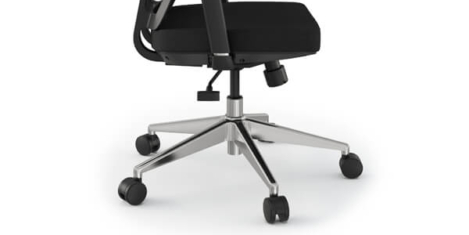
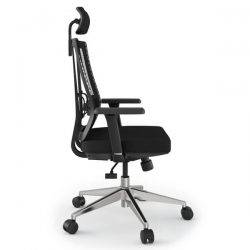
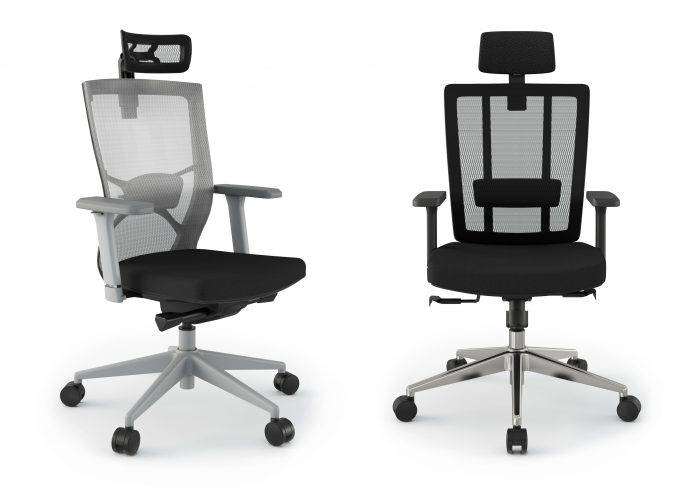
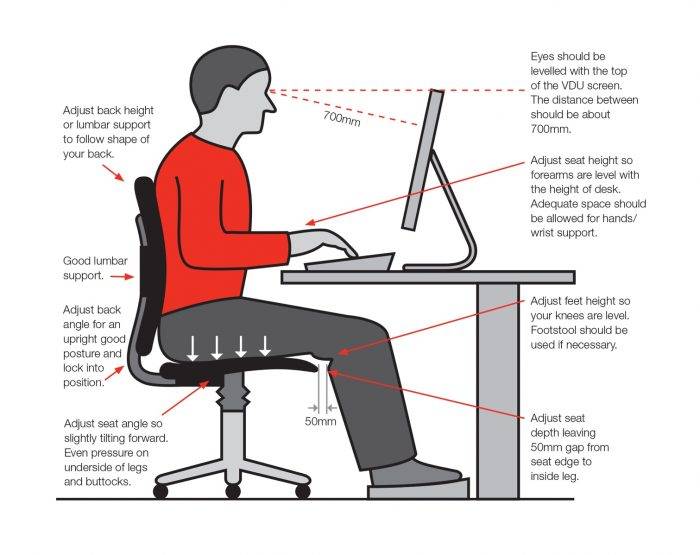
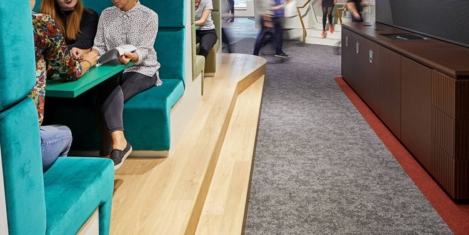
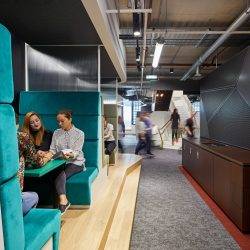





 A new survey into happiness at work suggests it is viewed differently according to age. Baby boomers: aspire to have job security and think careers are defined by employers. Gen X: aspire to have a work-life balance and although are loyal to a profession will not necessarily stick with the same employer. Millennials or Gen Y aspire to have freedom and flexibility and are digital entrepreneurs while Gen Z aspire to have security and stability. The report by Instant Offices’ considered what is important to each age group, and how employers approach the age gap. It found that eight in 10 millennials look for a manager to act as a mentor or coach; Baby boomers want a boss to be ethical, fair and consistent, while 61 percent of Generation X, and 55 percent of millennials, think team consensus is important.
A new survey into happiness at work suggests it is viewed differently according to age. Baby boomers: aspire to have job security and think careers are defined by employers. Gen X: aspire to have a work-life balance and although are loyal to a profession will not necessarily stick with the same employer. Millennials or Gen Y aspire to have freedom and flexibility and are digital entrepreneurs while Gen Z aspire to have security and stability. The report by Instant Offices’ considered what is important to each age group, and how employers approach the age gap. It found that eight in 10 millennials look for a manager to act as a mentor or coach; Baby boomers want a boss to be ethical, fair and consistent, while 61 percent of Generation X, and 55 percent of millennials, think team consensus is important. 
 The ongoing uncertainty around Brexit has had little impact on both workers’ desire for job stability, and businesses’ assessments of their economic prospects according to Gartner’s latest Global Talent Monitor report. In fact, the UK reported the highest business confidence rating of all European countries surveyed at 60, and above the global average of 57. For employers this has the knock effect that the number of UK employees looking to stay in their current job has fallen sharply over the past 12 months, as 23 percent of employees indicated a low intent to stay with their current employer, a 13per cent increase from the same period last year and 10 percent higher than the current global average (13 percent). While fewer UK workers are committed to staying with their current employers, the number of workers who reported a higher willingness to go above and beyond at work remained flat.
The ongoing uncertainty around Brexit has had little impact on both workers’ desire for job stability, and businesses’ assessments of their economic prospects according to Gartner’s latest Global Talent Monitor report. In fact, the UK reported the highest business confidence rating of all European countries surveyed at 60, and above the global average of 57. For employers this has the knock effect that the number of UK employees looking to stay in their current job has fallen sharply over the past 12 months, as 23 percent of employees indicated a low intent to stay with their current employer, a 13per cent increase from the same period last year and 10 percent higher than the current global average (13 percent). While fewer UK workers are committed to staying with their current employers, the number of workers who reported a higher willingness to go above and beyond at work remained flat.








February 14, 2019
Digital transformation requires more than just new technology
by Arnab Banerjee • Comment, Technology
(more…)